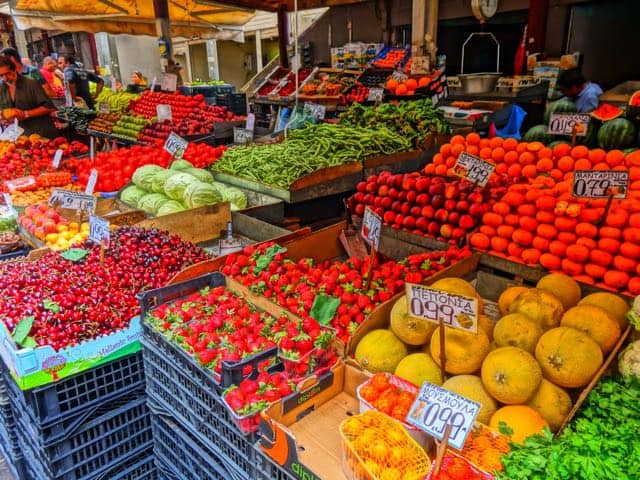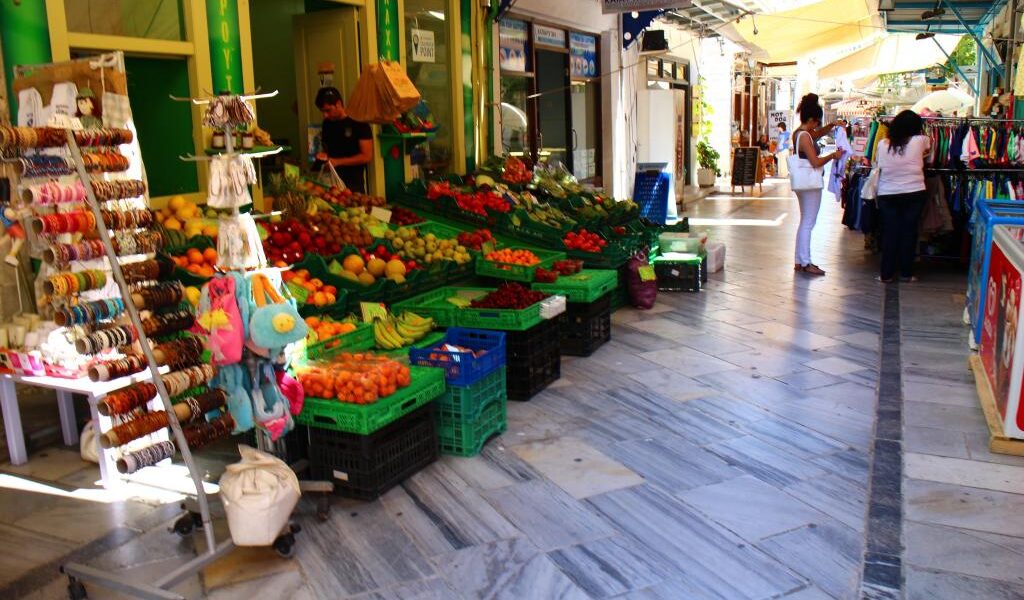The consequences, but also the gains that would be made for the Greek economy by lifting European sanctions against Russia and - therefore - the Russian countermeasures, are assessed by Sputnik Hellas.
Six years have passed since the European Union imposed sanctions on Russia and Moscow responded with a ban on imports of agricultural products from the EU.
In the midst of a pandemic, voices, inside and outside Greece, are resisting the sanctions that still exist which have resulted in the loss of millions of euros from Greek exports that have stopped.
There are many farmers, especially in Northern Greece, who lost 50 to 85% of their exports and would like the reopening of Greek-Russian trade.

"The embargo dealt a significant blow," Dimitris Loggizidis, president of AS Episkopi, a large agricultural cooperative, told Sputnik Hellas.
"The peaches, nectarines and kiwis we produced were directed to the Russian market. At that time we had lost a total of 40-50% of our income because half of our production went exclusively to Russia," he explained.
"Then we tried to enter European markets. In the last year we have achieved significant results in Poland. In any case, if the Russian market was open we would have more profits and it would certainly help with the losses that exist in the midst of a pandemic, "he said.
The collateral loss of fur
Panagiotis Petrakis, a professor in the Department of Economics at the University of Athens, also spoke in favor of opening the market amid a pandemic:
"The return of free trade is to the benefit of the country and business," the professor said.
"It would be a great breath for our agricultural products not to have restrictions on their movement, especially in the midst of the pandemic which has unpredictable consequences," he continued.
"Let us not forget that a parallel consequence of the Russian embargo was the loss of fur," he added.
Another side effect of the embargo is the fur trade, with the Russians turning their backs on it in response to their government's directive on European products.
However, for the first time in 2018, after years, 20.7% of the 2018 exportable products from Greece to Russia was fur, according to the Panhellenic Exporters Association.
However, the picture changed dramatically at the end of 2019, and especially in 2020, when the pandemic set "fire" on Greek fur in Kastoria and Voio Kozani.
According to Sputnik Hellas, Greek furriers have closed more than 400 fur-related businesses by 2020, especially since the beginning of the pandemic.
It is reminded that the EU proceeded in 2014 to impose unilateral sanctions on Russia after its reunification with Crimea, forcing Russia to take countermeasures.
Moscow has repeatedly said that this situation and the six-month extension of sanctions do not benefit anyone.


